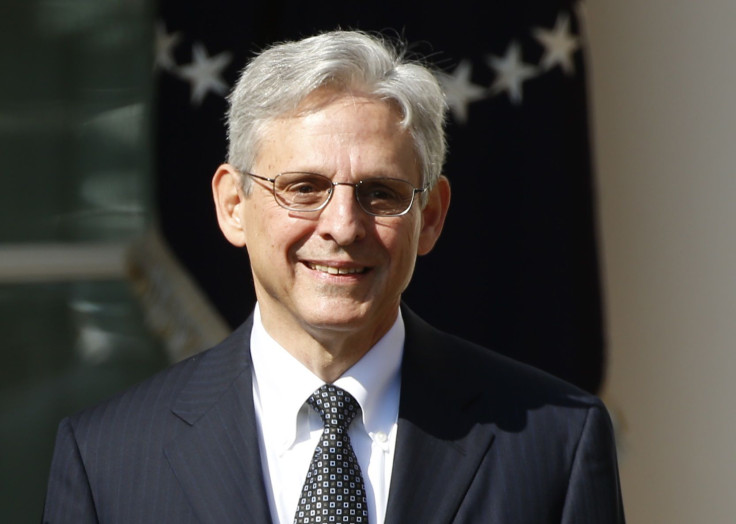Can Obama Nominate Another Supreme Court Justice? History Of Presidents Making Election Year Appointments

While the nomination of the notably moderate federal judge Merrick Garland to the U.S. Supreme Court Wednesday was seen as an attempt in part to please Senate Republicans who said they would block any nominee by President Barack Obama, those lawmakers still say they haven’t changed their minds. The GOP elite have claimed Obama shouldn’t be allowed to nominate someone in his last year of office, but history shows that 19 presidents have been able to appoint justices during presidential elections years or during lame-duck sessions, or the period after which a president’s successor has been elected, SCOTUSblog.com reported.
A total of 19 Justice have been appointed during presidential election years by 13 standing presidents — nearly 1/3 of the 40 presidents who have been presented with the opportunity to nominate justices. A total of six lame-duck presidents have made Supreme Court appointments, meaning almost half of all presidents who could nominate a justice did so during an election or right after an election. George Washington was actually the first to make a Supreme Court appointment during an election year, which he did in 1796, the year of the race between John Adams and Thomas Jefferson.
Garland was chosen by Obama to fill the seat of the late Justice Antonin Scalia, who died in February. Some in the GOP have said since Scalia’s death that the next president should be able to fill that vacancy, not Obama.
Senate Majority Leader Mitch McConnell, R-Ky., said Wednesday after Garland’s nomination announcement “the American people may well elect a president who decides to nominate Judge Garland for Senate consideration. The next president may also nominate someone very different. Either way, our view is this: Give the people a voice,” USA Today reported.
Republican senators break with party on Obama Supreme Court pick: https://t.co/Yz61pKcLNC pic.twitter.com/XzzNnCzuyG
— The Hill (@thehill) March 17, 2016
The Senate has in recent history always considered qualified nominees to the court whose ideology is not considered extreme, Geoffrey Stone, a University of Chicago law professor, said to Slate. Some have said that Garland is as qualified as any candidate and that Senate Republicans have no excuse to not let him through.
© Copyright IBTimes 2024. All rights reserved.











